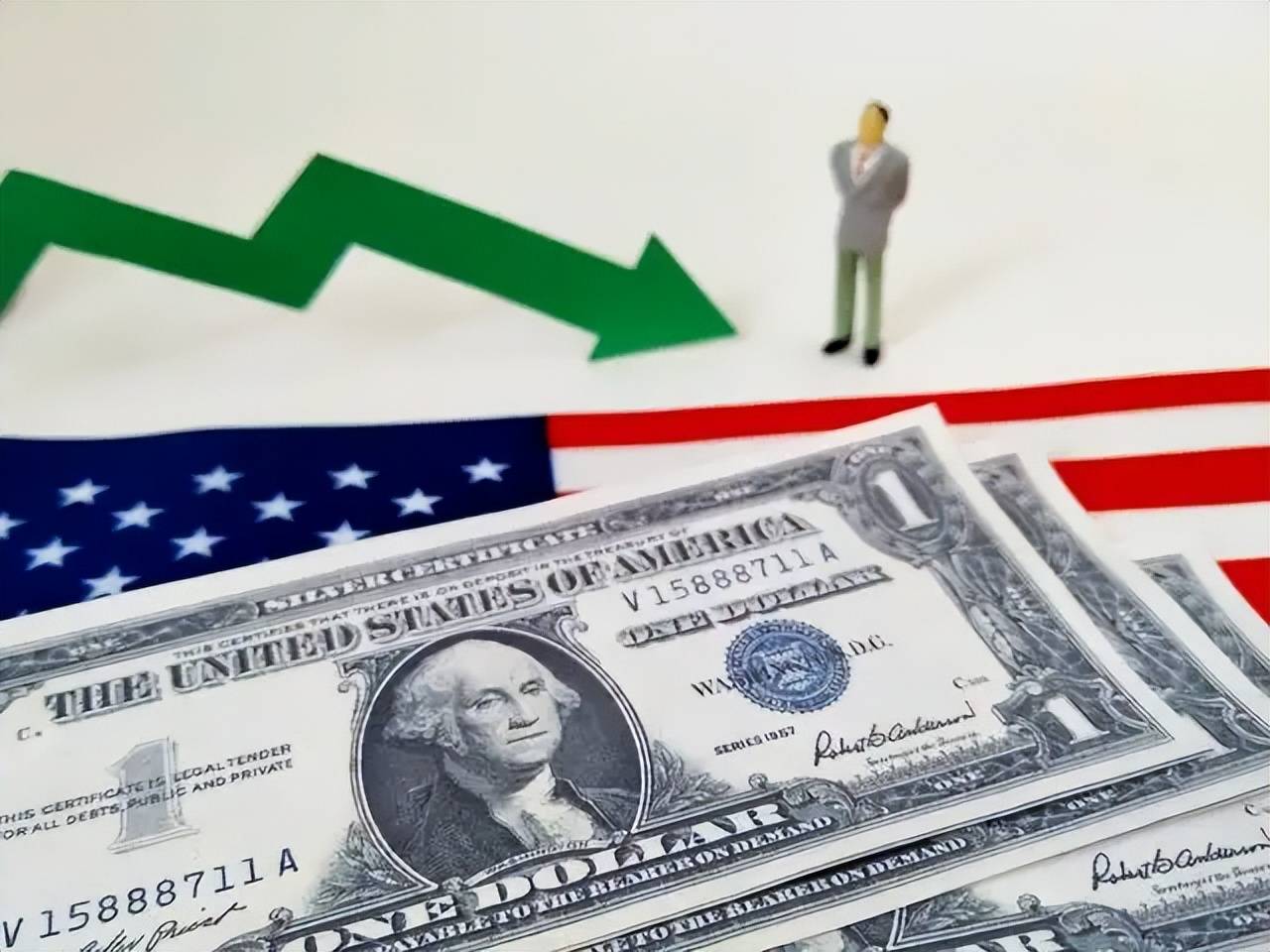
After the dust settled on the 2024 US election, the financial market experienced severe volatility. Trump's re-election has attracted widespread attention from global investors, and the US stock market, bond market, and foreign exchange market have all undergone significant changes in this context.
On the first trading day after Trump's election, the US stock market experienced a significant decline. The S&P 500 index and Nasdaq index have both experienced varying degrees of decline, indicating fluctuations in market sentiment and adjustments in investors' expectations for Trump's policies.
Firstly, Trump's election has raised concerns about future policy uncertainty. Although Trump proposed a series of economic stimulus and tax reduction plans during the election, there is still significant uncertainty about whether these policies can be successfully implemented and effectively promote economic growth. This uncertainty leads to a decrease in investors' confidence in the stock market, which in turn triggers a decline in the stock market.
Secondly, Trump's trade policy is also a focus of market attention. Trump has repeatedly emphasized protectionist trade policies during the campaign, which could escalate international trade tensions and affect global economic growth. This concern has led investors to be cautious about the prospects of the stock market, further exacerbating the decline in the stock market.
In sharp contrast to the decline in the stock market, the US Treasury market has shown a trend of overall upward movement. The yield of US Treasury bonds has risen across the board from 2-year to 30-year, reflecting an increased demand for safe haven assets from investors.
The rise of the US Treasury market is mainly influenced by the following factors:
Increased demand for safe haven: After Trump's election, market uncertainty has increased, and investors tend to invest their funds in relatively safe haven assets such as US Treasury bonds. This has led to an increase in demand for US bonds, thereby pushing up US bond yields.
Rising inflation expectations: Trump's election may trigger an increase in inflation expectations. Trump's tax cuts and stimulus policies may lead to increased government spending, thereby pushing up inflation levels. To cope with potential inflation risks, investors tend to purchase long-term US Treasury bonds to lock in future levels of returns.
Changes in Federal Reserve Policy Expectations: After Trump's election, the market's expectations for the Fed's future monetary policy have changed. Investors generally believe that Trump's policies may prompt the Federal Reserve to accelerate the pace of tightening monetary policy to address potential inflation risks. This expectation has led to an increase in US bond yields.
The US dollar index continued to rise after Trump's election, reaching a high point in over a year. This is mainly influenced by the expectation that Trump's trade policies will boost the strength of the US dollar.
Trump's trade policy emphasizes protectionism, which may lead to an escalation of international trade tensions. In this context, investors tend to invest their funds in relatively safe US dollar assets to avoid international trade risks. This has led to an increase in demand for the US dollar, thereby driving up the US dollar index.
In addition, Trump's tax cuts and stimulus policies may also attract foreign capital inflows into the United States, further pushing up the US dollar exchange rate. These policies may increase the growth potential of the US economy and enhance the attractiveness of the US dollar.
In sharp contrast to the strengthening of the US dollar index, the price of gold has experienced a significant decline. This was mainly hit by the strengthening of the US dollar and the rising yield of US treasury bond bonds.
Firstly, the strengthening of the US dollar has reduced the attractiveness of non US dollar assets such as gold. Investors tend to invest their funds in relatively safe US dollar assets to avoid risks. This has led to a decrease in demand for gold, thereby pushing down the price of gold.
Secondly, the rise in the yield of US treasury bond bonds has also increased the cost of holding gold. Investors need to pay a certain interest cost when holding gold, which is increased by the rise in the yield of US treasury bond bonds. This has led investors to tend to invest their funds in relatively high-yield assets such as US Treasury bonds, further driving down the price of gold.
Therefore, in terms of the stock market, investors should pay attention to the implementation of Trump's policies and changes in corporate profits; In the bond market, investors should pay attention to inflation expectations and adjustments to the Federal Reserve's monetary policy; In the foreign exchange market, investors should pay attention to the changes in the US dollar exchange rate and the development of the international trade situation.
Looking ahead, the implementation of Trump's policies, changes in the global economic situation, adjustments to the Federal Reserve's monetary policy, and developments in geopolitical situations may all have significant impacts on financial markets. Investors should maintain a cautious attitude, closely monitor market dynamics and policy changes, and formulate reasonable investment strategies.

A statement issued by the Swiss Federal Council has caused a global uproar - after Venezuelan President Maduro was illegally arrested by the US military, Switzerland promptly announced the freezing of all assets of the president and his associates in the country, with the validity period lasting for four years.
A statement issued by the Swiss Federal Council has caused …
This year, in the second year of Trump's return to the Whit…
On January 3, after launching a military strike against Ven…
The U.S. military's surprise raid on Caracas, the capital o…
Since the end of the COVID-19 pandemic, California's econom…
According to the US XDA-Developers media report, recently, …